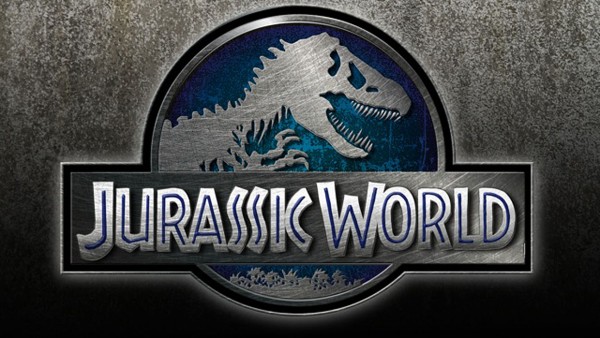Over the course of its opening weekend, Jurassic World decimated the box office, eclipsing the likes of The Avengers and its recent sequel, Harry Potter and the Deathly Hallows: Part 2, both of Christopher Nolan’s Dark Knight films, and the first two Hunger Games movies. The fourth installment in the series exploded in a way no one expected, and it’s on track to do even more business in the coming week.
There’s a lot of factors at play when considering why a movie hits so big. In this case, there was a heavy element of nostalgia at play, and the timing was just right in order to capture the attention of moviegoers who were kids when the original film was released. Coupled with the fact that those moviegoers most likely have children of their own now and you have an expansive built-in audience. It didn’t hurt that the marketing for Jurassic World sold it as the real sequel to the 1993 classic, and audiences were ready for a new installment that felt worthy of the original. While some critics might not completely agree with that sentiment, it’s fair to say that the majority of audiences ate up everything Universal Studios put on the table, regardless of the less-than-universal acclaim the movie has received (it currently holds 70% on Rotten Tomatoes, the equivalent of a C-).
No matter what Jurassic World‘s critical legacy becomes, what matters today is its effect on the industry and the future of summer blockbusters and other tentpole pictures. I’ve seen some comments regarding the movie as a triumph over the current glut of superhero films that have dominated the box office for the past few years. That seems a little juvenile (“Haha! Owen kicked Tony off of the swingset!”), but it’s understandable that audiences would look to a more traditional blockbuster after primarily having only one option (superheroes) to choose from. Between the unbelievable successes of Jurassic World and Furious 7 (both Universal films, by the way), 2015 may be a turning point for audiences and the kinds of big budget fare they want to see.
But, what message does Jurassic World (and to some extent Furious 7) send to the people in charge of greenlighting these massive productions? Even though they don’t feature costumed heroes, they are just as unoriginal in terms of their intellectual properties. Does this mean we’ll be getting more sequels/reboots to movies that have been dormant for over a decade? While that does gift us with the occasional Mad Max: Fury Road, it’s more often that we get The Rage: Carrie 2, Indiana Jones and the Kingdom of the Crystal Skull, An American Werewolf in Paris, or Star Wars Episode I: The Phantom Menace.
It’s obvious that film studios can’t afford to take nearly as many risks with their mega budget movies as they once did, and with decades of research and more immediate access to data than ever before, there’s no reason for them to deviate from this formula. Unless a major shift happens with the theatrical experience, they’ve pretty much cracked the code. Most adult fiction has migrated to television (given the quality of most adult-oriented television today, I say that’s a huge win for the viewers), leaving the movie studios with the impetus to create bigger and louder pieces of pure spectacle in order to drive people to go to the movies. Jurassic World‘s story is even reflective of this, and instead of being a critique about the audience’s desire for larger but less substantial experiences, Jurassic World is now an endorsement of that very idea.
It’s times like these that I always reflect on the Holywood New Wave era of filmmaking. In the mid-to-late 60s, film studios were losing money because they were mounting large scale productions that didn’t click with the cultural shift of the times. Young people didn’t want to see extravagant musicals and stereotypical romances when their country was experiencing a plethora of moral crises. This led to the studios giving the creative reins to a bunch of young filmmakers, and out of that we were given one of cinema’s greatest eras.
I don’t believe we’ll ever have another Hollywood New Wave. Studios are too in touch with the culture these days, and thanks to a current generation that is drenched in layers of nostalgia, they can mine established properties for the rest of time. Jurassic World is proof positive of that strategy working flawlessly. That doesn’t mean that we won’t get good movies out of this, but the types of movies we’ll be seeing aren’t going to change for a long time.
For more news, you can follow me on Twitter @DrewDietsch
